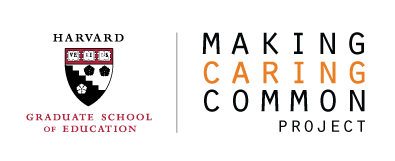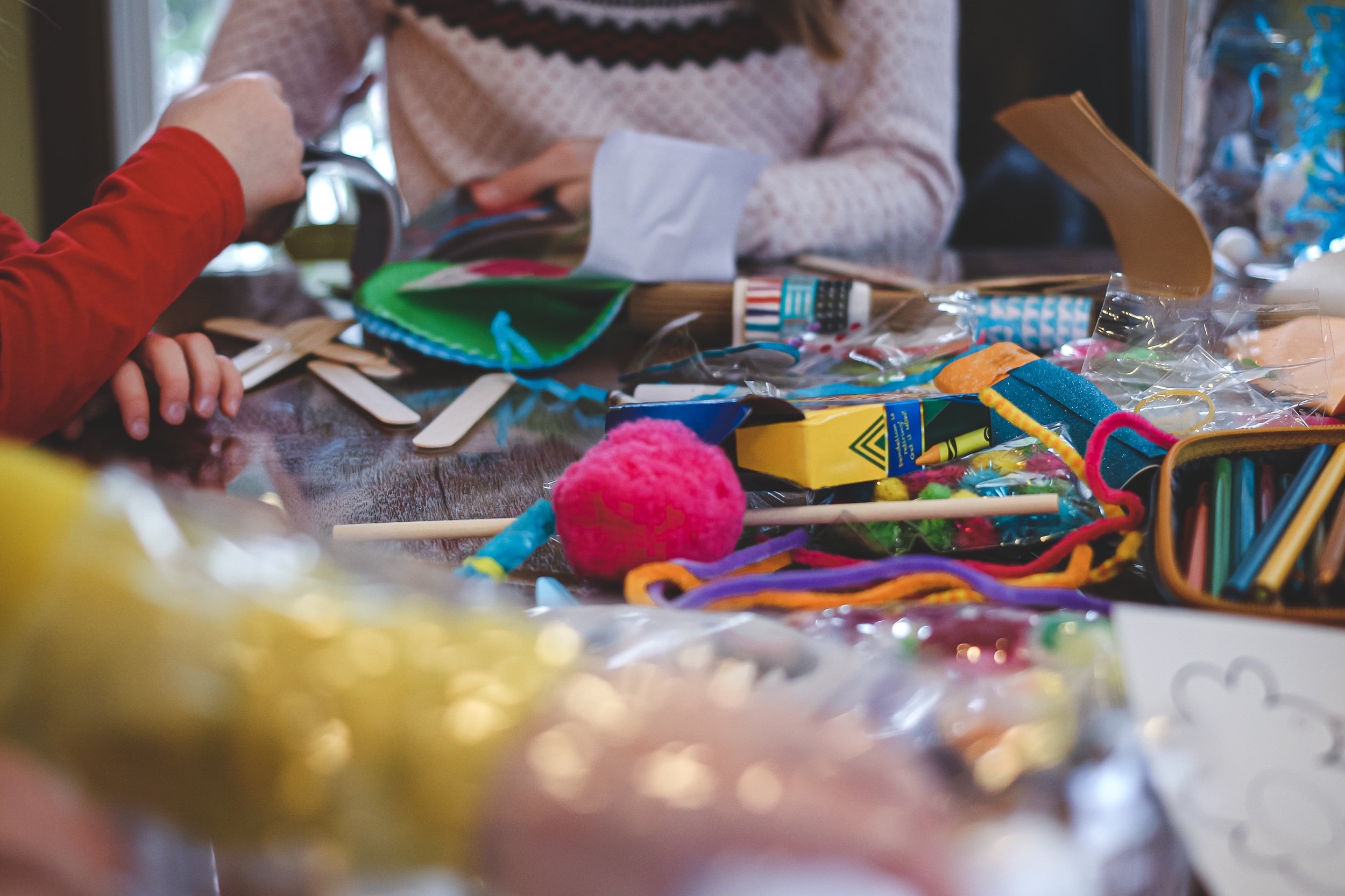Build-It Challenge can be used regularly with students to promote teamwork and communication.
Read MoreSort by topic
- Bias
- Bullying
- COVID
- CSN
- Caring and Empathy
- College Admissions
- Educator Resources
- Elementary School
- For Educators
- Gender
- Mental Health
- Moral and Ethical Development
- Relationship Mapping
- Romantic Relationships
- School Culture and Climate
- Sexual Harassment and Misogyny
- Social - Emotional Learning (SEL)
- Social-Emotional Learning (SEL)
- Talking Across the Aisle
- gender bias
Newsball is a game that can be used regularly with students to build a foundation for the practice and habit of empathy and active listening, while building classroom community.
Read MoreStudents’ capacity for empathy can be developed by learning to appreciate other people’s stories.
By engaging with others in a structured way and trying to shape a narrative that encapsulates a piece of that person, students will understand the nuances of lived experiences, values, and perspectives. By interviewing others, especially those who may be different from them, they will practice vulnerability and develop trust, which in turn will strengthen their school community.
With this light-lift strategy, students will dive into narratives of self and others to offer more nuanced perspectives and feelings around people’s stories. The narratives will mirror the “Humans of New York” series, and students will study a few of them to get a sense of the expectations (e.g., interviewing other students or faculty members). Humans of Your School provides students with opportunities to connect with those different from them, to listen to different stories and try to understand their different perspectives, and to appreciate differences while also finding commonalities.
Currently, our Humans of Your School strategy is available to schools in our Caring Schools Network. Reach out to Glenn Manning, Senior Program Coordinator at Making Caring Common to learn more about Caring Schools Network.
Read MoreResearch shows that being kind and caring makes people feel good — by recognizing the appreciation of others as well as beginning to view oneself as altruistic or compassionate.
Studies have also shown that feeling care and concern for others is linked to altruism, and an effective strategy to spark caring is to encourage people to imagine what others are going through and how they feel. Kindness and caring are also contagious. Literally. They can spread and influence people to do good deeds beyond their existing networks.
With this light-lift strategy, students reflect and discuss how to encourage more kindness and caring, for themselves and others, at their school and beyond. They will practice regular intentional acts so they become routine and normalized parts of students’ lives. By reporting back, students will learn about each other’s experiences and likely use them as sources of inspiration. The activity encourages a variety of kind and caring acts, including self-improvement.
Currently, our Everyday Caring strategy is available to schools in our Caring Schools Network. Reach out to Glenn Manning, Senior Program Coordinator at Making Caring Common to learn more about Caring Schools Network.
Read MoreDiscrimination and harassment amongst students is surprisingly common in many schools, and sometimes happens beneath school staff’s radar, leaving large numbers of students feeling sad, angry, isolated, or ostracized. These actions affect the entire school climate — other students who witness these acts may feel unsafe, fearful, or pressured by their peers to participate. Subtle comments and messages can move quickly between students, leaving adults and students feeling helpless, not knowing how to effectively prevent such cruel behavior.
One of the most common types of harassment reported by students is being teased or excluded based on physical appearance. An individual might be targeted for not looking a certain way or for having a particular prominent feature. As adults, we can counteract this kind of cruel behavior by giving students opportunities to better understand the impact of hurtful comments, develop empathy, and practice compassion in their day-to-day lives.
Read More



